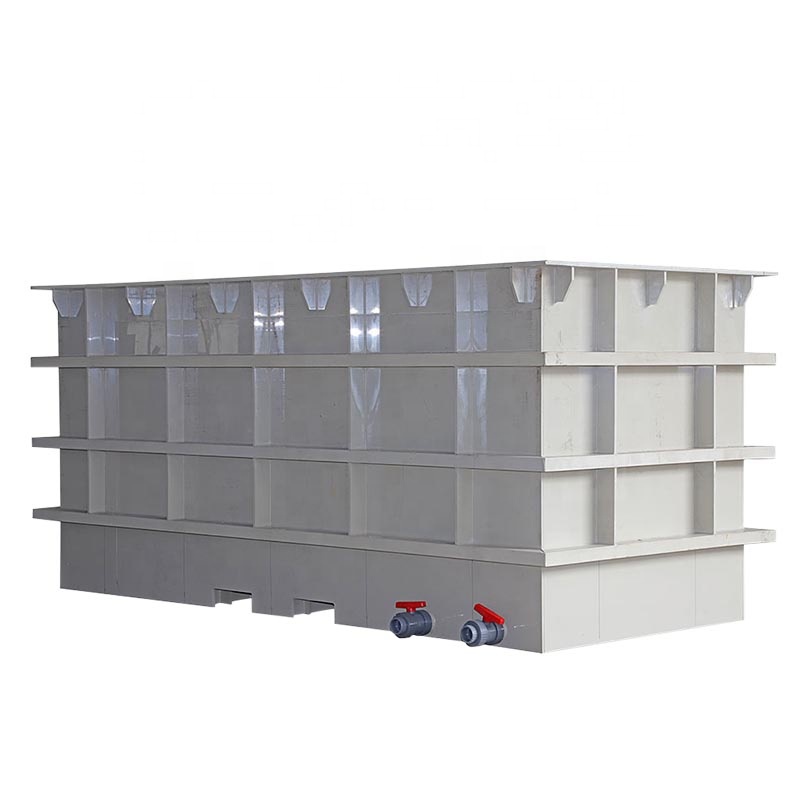Introduction of polypropylene PP water tank material
PP water tanks are more and more widely used. In the industry, many barrels and acid metering tanks, which used to be carbon steel or stainless steel, are gradually replaced by polypropylene PP water tanks, especially for some highly corrosive applications, such as hydrochloric acid, sulfuric acid, The storage of acid and alkali solutions such as sodium hydroxide and the use of acid and alkali liquids require corrosion resistance and acid and alkali resistance. Generally, the anti-corrosion water tank is made of polypropylene.
How high temperature can the PP water tank withstand
The use of PP sheets and pipes to process PP water tanks is widely used. Some customers inquire about how high temperature the PP water tank can withstand. This problem is actually a disadvantage of the PP water tank. The high temperature resistance is determined by the characteristics of the PP material, usually PP If the water tank is used for a long time, it is recommended to control the temperature at 60-80 degrees Celsius, try not to exceed 80 degrees Celsius, and the instantaneous temperature can reach 100 degrees Celsius, but it is not recommended to maintain it for a long time.
Features of PP water tank
Non-toxic, tasteless, low density, strength, stiffness, hardness and heat resistance are better than low pressure polyethylene, can be used at about 60-80 degrees.
It has good electrical properties and high-frequency insulation and is not affected by humidity, but becomes brittle at low temperature, not wear-resistant, and easy to age.
Suitable for making general mechanical parts, corrosion-resistant parts and insulating parts.
Common acid and alkali organic solvents have little effect on it and can be used for tableware.
Application of PP water tank
-
Water treatment industry: dosing of PAC/PAM flocculants, dosing of acid-base reagents
-
Electroplating industry: electroplating tank, pickling solution, ultrasonic cleaning tank
-
Laboratory: collection and storage of experimental drugs
-
Electronics factory: collection and storage of etching and printing agents
-
Metalworking Plants: Surface Treatment Pickling Vessels
